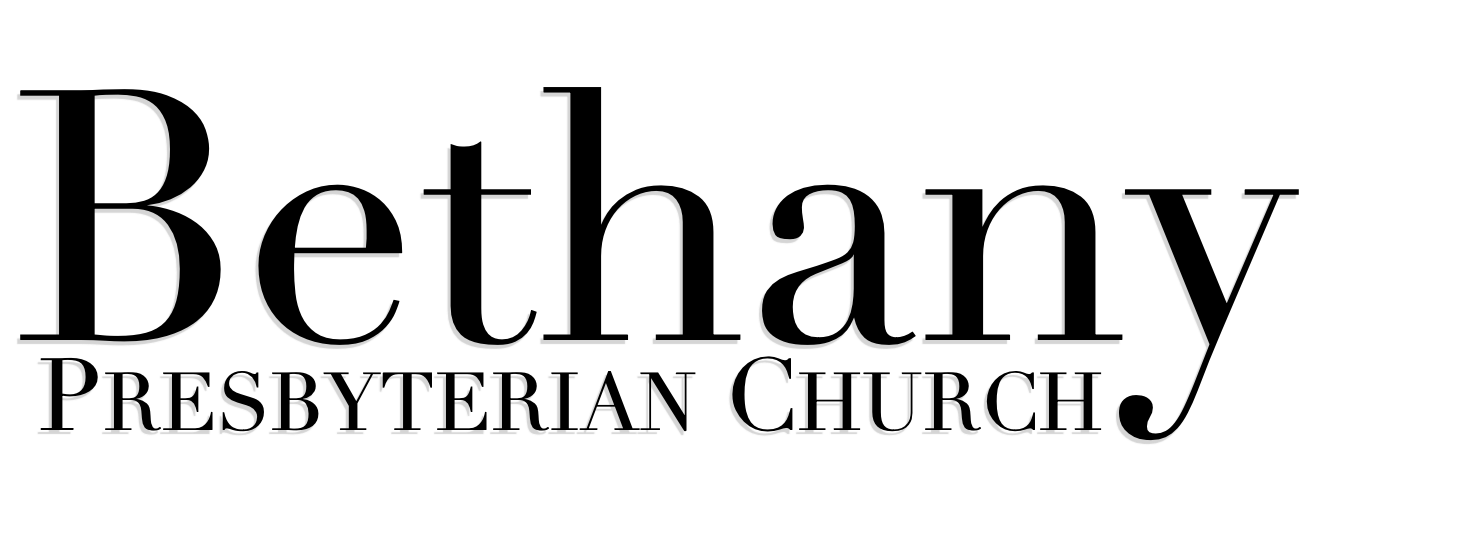Visiting Bethany
As strange as it seems, visiting a new church can be an awkward experience. Usually this is because we don't know anyone, don't know where things are located, how to do things the way everyone else is doing them, etc. But that should not be a concern at Bethany. We place a high premium on having a warm and welcoming environment. We don't consider ourselves to be a "holier than thou" crowd because we know we are all broken. Rather, we tend to focus on the fact that when we gather for worship, we all have one thing in common, forgiveness and salvation in our Lord Jesus Christ. So who can bring a charge against us? Who can be against us if He is for us?
So if you are considering a visit, please know that we have welcomers at our front doors who will warmly receive you and will guide you to the right Sunday School class for you and your children, point out the location of the sanctuary, or even the restrooms! We are handicap accessible and will provide whatever help you may need. We would love for you to join us in worship!
Some things to consider before visiting:
Decide whether you will attend both Sunday School and the worship service, or just one. If you choose Sunday School, a nice way to meet new people is to attend our time of worship and fellowship at 9:30 a.m. in our fellowship hall which is downstairs immediately as you come in the front door. There are refreshments available and it is a very informal setting where you can just meet and talk with people who can also help you make your way to the right Sunday School class, which begins at about 9:45 a.m.. This is really a great way to meet and make new friends!
If you choose to attend the regular worship service, it would be a good idea to arrive and get parked by 10:30 and then make your way into the sanctuary. Someone will be available to direct you, it is immediately up the stairs through the front door. Our worship service begins at 10:45 a.m. By arriving a bit early you'll get a chance to mingle with others as they arrive and can ask any questions you may have.
Make yourself at home! This is the house where we worship the Lord as His people, and our house is your house. It's easy to feel uncomfortable in unfamiliar surroundings but be assured that we are here to welcome and serve you and do everything we can to make sure you are not burdened by awkwardness or an uneasy feeling. We want you to taste and see that the Lord is good!
Have Questions?
We would be happy to answer any questions you may still have. If you would like a visit from an Elder or, if you would like to ask our pastor a question, you can do so either by e-mail (admin@bethanypca.org) or phone (610-932-3962). We would love to take the time to make you feel comfortable on your visit with us
